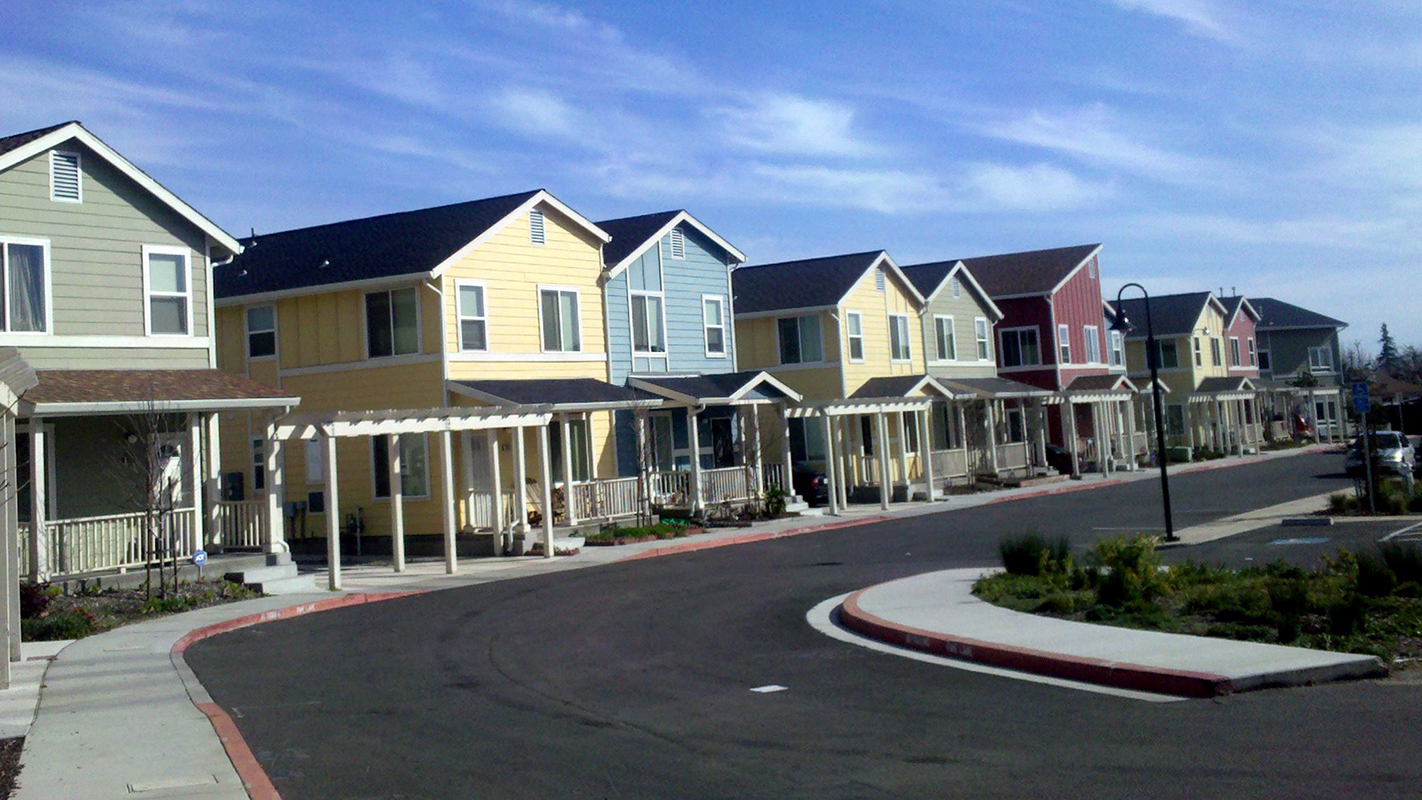Distributed Technique for Power ‘Scheduling’ Advances Smart Grid Concept

Researchers from North Carolina State University have developed a new technique for “scheduling” energy in electric grids that moves away from centralized management by tapping into the distributed computing power of energy devices. The approach advances the smart grid concept by coordinating the energy being produced and stored by both conventional and renewable sources.
Currently, power infrastructure uses a centralized scheduling approach to forecast and coordinate the energy produced at the thousands of large power plants around the country. But as renewable energy systems – such as rooftop solar panels – proliferate, and are incorporated into the power grid, the infrastructure will need more advanced systems for tracking and coordinating exponentially more energy sources. Addressing this issue is essential to the idea of a smart grid that can make efficient use of widespread renewable energy resources.
“A key challenge for renewable energy generated on-site – by home solar panels, for example – is determining how much of that energy needs to be stored on-site and how much can be shared with the larger grid,” says Mo-Yuen Chow, a professor of electrical and computer engineering at NC State and senior author of a paper describing the new power scheduling technique.
The existing approaches to scheduling are highly centralized, with power plants sending data to a control center that crunches the numbers and then tells plants how much they’ll be expected to contribute to the grid.
“This approach doesn’t scale up well, which is a problem when you consider the rapid growth of on-site renewable energy sources,” says Navid Rahbari-Asr, a Ph.D. student at NC State and lead author of the paper.
“The rise of on-site energy storage technologies presents an additional challenge, since that means energy can be stored for use at any time – making power scheduling calculations significantly more complex,” Rahbari-Asr says. “In addition, the centralized approach is vulnerable. If the control center fails, the whole system falls apart.”
To address these problems, the researchers developed technology that takes advantage of distributed computing power to replace the traditional control center with a decentralized approach.
“Our approach taps into the computational resources of each energy device,” Rahbari-Asr says. By having each device communicate with its immediate neighbors, the device can calculate and schedule how much energy it will need to store, how much to contribute to the network, and how much to draw from the network.
“Collectively, this distributed technique can determine the optimal schedule for the entire grid,” Rahbari-Asr says.
The distributed technique would also help protect the privacy of home-owners and other power generators, because they wouldn’t be sharing their energy production, storage, and consumption data with a control center.
The technology has been validated in simulations, and the researchers are in the process of implementing it in an experimental smart grid system at the National Science Foundation FREEDM Systems Center on NC State’s campus.
“We hope to have experimental results to report in 2016,” Chow says.
The paper, “Cooperative Distributed Scheduling for Storage Devices in Microgrids using Dynamic KKT Multipliers and Consensus Networks,” will be presented at the IEEE Power & Energy Society General Meeting, being held July 26-30 in Denver, Colo. The paper was co-authored by Yuan Zhang, a Ph.D. student at NC State. The work was supported by the NSF FREEDM Systems Center.
-shipman-
Note to Editors: The study abstract follows.
“Cooperative Distributed Scheduling for Storage Devices in Microgrids using Dynamic KKT Multipliers and Consensus Networks”
Authors: Navid Rahbari-Asr, Yuan Zhang and Mo-Yuen Chow, North Carolina State University
Presented: 2015 IEEE Power & Energy Society General Meeting, July 26-30, Denver, Colo.
Abstract: Scheduling of storage devices in microgrids with multiple renewable energy resources is crucial for their optimal and reliable operation. With proper scheduling, the storage devices can capture the energy when the renewable generation is high and utility energy price is low, and release it when the demand is high or utility energy price is expensive. This scheduling is a multi-step optimization problem where different time-steps are dependent on each other. Conventionally, this problem is solved centrally. The central controller should have access to the real-time states of the system as well as the predicted load and renewable generation information. It should also have the capability to send dispatch commands to each storage device. However, as the number of devices increases, the centralized approach would not be scalable and will be vulnerable to single point of failure. Combining the idea of dynamic KKT multipliers with consensus networks, this paper introduces a novel algorithm that can optimally schedule the storage devices in a microgrid solely through peer-to-peer coordination of devices with their neighbors without using a central controller.
- Categories: